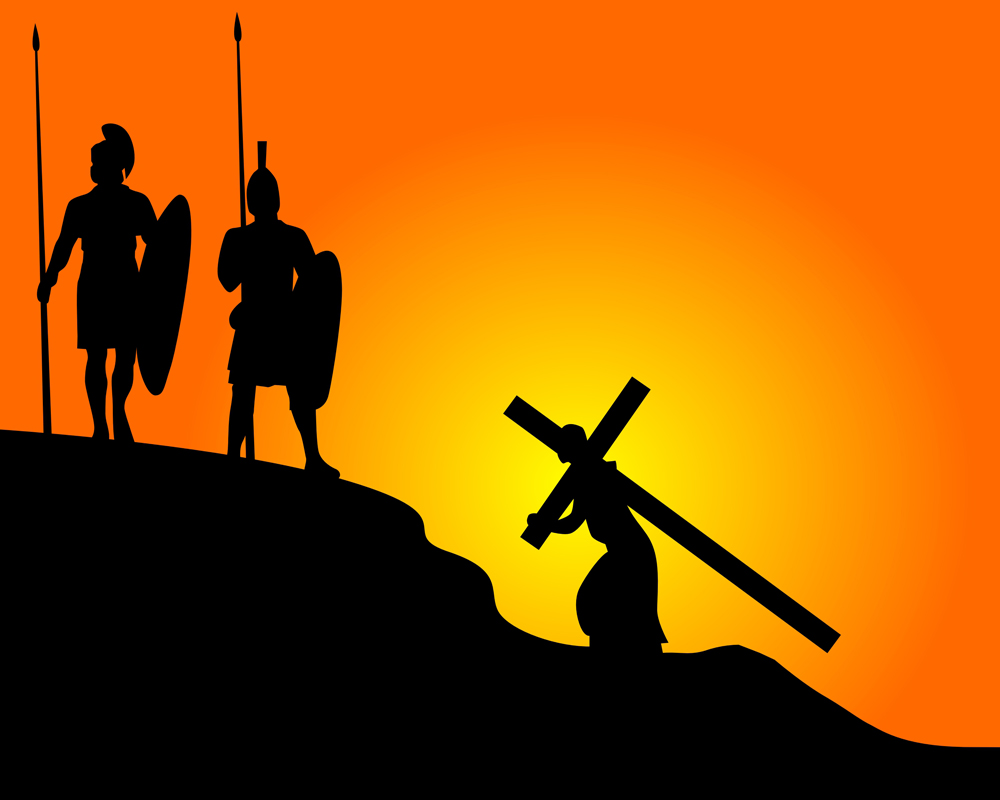

And learning from history is not for meting out moral judgments on other rather it is about how we can change to fit patterns of righteousness and moral excellence.

And in it, she sets forth the new, progressive theological guardrails of moral and philosophical acceptability. In it she apprehends the contours of American religiosity. In it Du Mez aggressively articulates the ascendant theological assumptions of the day. Ultimately, our goal in history writing is truth-telling, not power-wielding. It is why, I think, Jesus and John Wayne is so popular at this particular moment.
#BETWEEN JESUS AND JOHN WAYNE HOW TO#
She knows something about how to extend a pastoral imagination to her subjects, to commune with and love dead people even though many of them were guilty of truly heinous crimes against fellow human beings. Schweiger taught at the University of Arkansas for fifteen years and specializes in nineteenth-century Southern history. Instead, knowledge of past lives ought to foster a pastoral imagination which, as Schweiger describes, “views others not in terms of oneself, but in terms of themselves, ‘trying to sense their experience as they are experiencing it, seeing with their eyes, feeling with their nerves.’” When we write history, we must exercise humility and empathy.
#BETWEEN JESUS AND JOHN WAYNE PLUS#
The dead are at our mercy-they cannot come back and offer their explanations, their justifications, their apologies, or their acts of restitution.Īs we increase in our knowledge of history, the temptation is to exercise power over those who are gone, render judgment on them, and emerge from the exercise justified, righteous, and pure. Jesus Plus Masculinity for America’s Sake: Replying to Jesus and John Wayne Sean Michael Lucas on JanuAs I reflected on Calvin University professor Kristin Du Mez’s brilliantly provocative and painful, Jesus and John Wayne, I realized how many different intersections I had with her subject. The dead are a source of contemplation for us in the present they offer us perspective, humility, and aid us in our own self-examination as we study their lives. And we love the dead for their own sakes, rather than for some utilitarian purpose we might have for them. Jesus and John Wayne is a sweeping, revisionist history of the last seventy-five years of white evangelicalism, revealing how evangelicals have worked to replace the Jesus of the Gospels with an idol of rugged masculinity and Christian nationalism-or in the words of one modern chaplain. Loving the dead means we tell the truth about them, as far as it is possible given our limitations and the complexities of the past. How White Evangelicals Corrupted a Faith and Fractured a Nation. This love is not sentimental, nor does this love absolve the subjects of their sins. Schweiger argues that the Christian historian has a duty to love the historical subjects she studies, who are now dead.


 0 kommentar(er)
0 kommentar(er)
